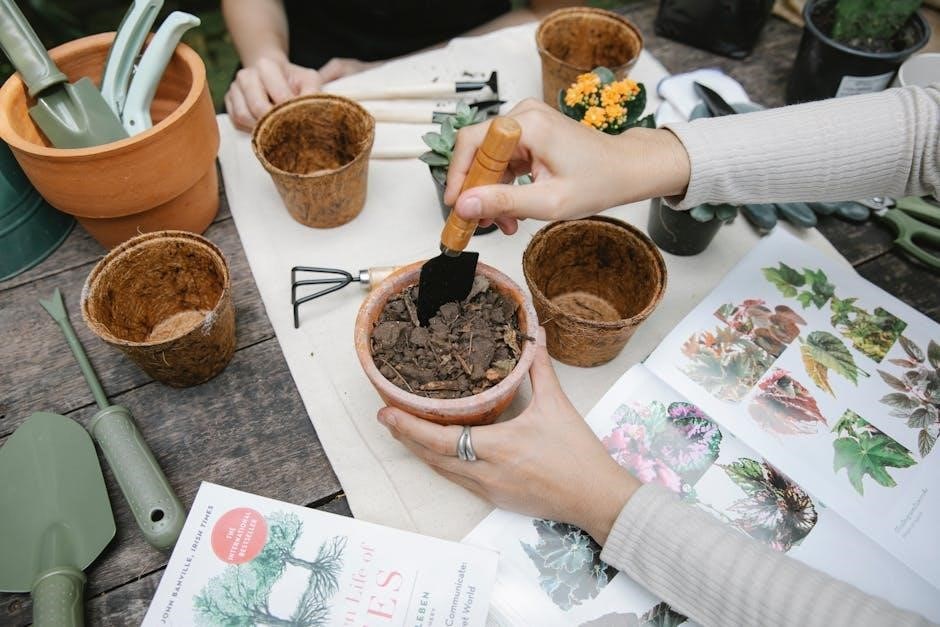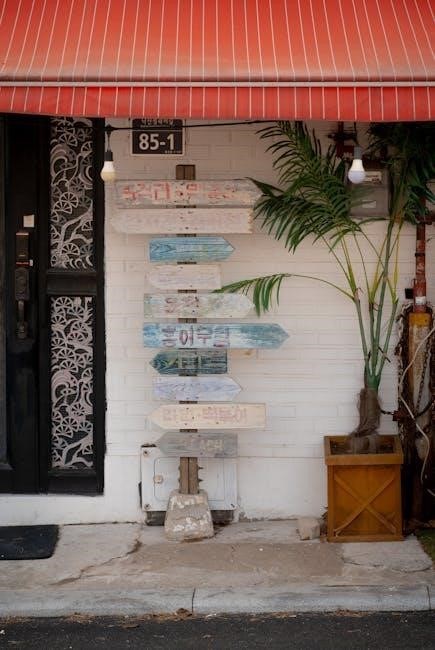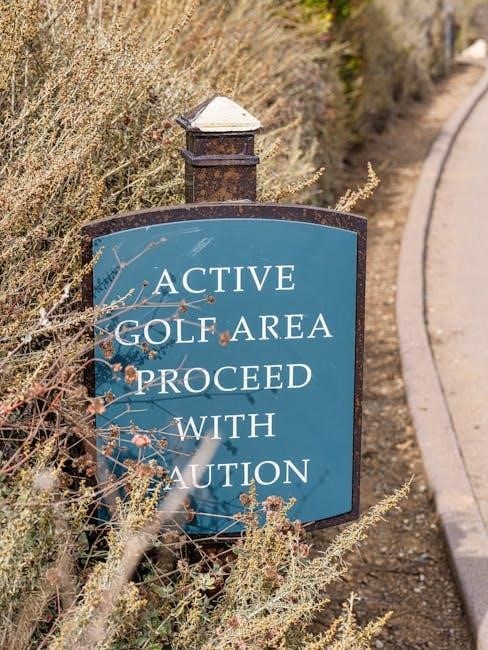Welcome to our 7b planting guide, designed to help gardeners in USDA Hardiness Zone 7b make the most of their gardening season. With a minimum winter temperature of 5 to 10 degrees Fahrenheit, Zone 7b offers a relatively mild climate, allowing for a wide range of plants to thrive. In this article, we’ll provide you with a detailed guide on when to plant, what to plant, and how to make the most of your garden in Zone 7b.

Understanding Your Hardiness Zone
Before we dive into the planting guide, it’s essential to understand what hardiness zones are and how they affect your gardening. Hardiness zones are defined by the average annual extreme minimum temperature of an area. Zone 7b, in particular, has a moderate climate, with warm summers and cool winters. This climate allows for a long growing season, making it ideal for a wide range of plants.
When to Plant in Zone 7b
Timing is crucial when it comes to planting in Zone 7b. The following table provides a general guide on when to plant different types of plants:
| Plant Type | Spring Planting | Summer Planting | Fall Planting | Winter Planting |
|---|---|---|---|---|
| Vegetables | February-May | June-August | September-November | December-February |
| Fruits | March-May | June-August | September-November | December-February |
| Herbs | February-May | June-August | September-November | December-February |
| Flowers | March-May | June-August | September-November | December-February |
What to Plant in Zone 7b
Zone 7b offers a wide range of planting options, including:
- Vegetables: tomatoes, peppers, cucumbers, carrots, beans, and lettuce
- Fruits: strawberries, blueberries, raspberries, blackberries, and grapes
- Herbs: basil, rosemary, thyme, oregano, and mint
- Flowers: roses, marigolds, zinnias, sunflowers, and daisies
Tips and Reminders
To make the most of your garden in Zone 7b, keep the following tips and reminders in mind:
- Start seedlings indoors 4-6 weeks before the last frost date
- Plant cool-season crops in early spring or late summer/early fall
- Plant warm-season crops after the last frost date
- Water plants regularly, but avoid overwatering
- Provide plants with adequate sunlight and fertilization

With this 7b planting guide, you’re ready to start planning your garden. Remember to check the specific planting times for your area and to choose plants that thrive in Zone 7b. Happy gardening!
For more information and resources, visit our website or contact us directly. We’re always happy to help you with your gardening questions and concerns.


